One thing that’s constant with gardeners around the world is the fact that they love to hoard. They aren’t wasteful, and they believe everything has its uses. This attitude comes from working with the earth—an activity where waste products help plant life. So, you would have a hard time telling a gardener to dispose of something. The gardener would always tell you that they are sure that what you want them to dispose of would be used someday.
Frequently, these gardeners are correct. They are primarily creative people, and they always find a use for things. You don’t work with the earth, a powerful force of nature, and not get a fresh perspective.
As a gardener, you have seen how smelly compost can be used to create lovely flowers, plants, and bountiful harvests. Slowly, you begin to see how non-plant life can become more valuable than they are. Materials that people find useless look like gems to you. Your mind begins to see how you can use non-biodegradable plastic and other non-recyclable items. Plastic pipes, CDs, unused bathtubs are all items you can use in your garden.
Instead of these items cluttering the environment, an expert gardener knows how to use them to beautify the environment. Instead of having numerous waste sites with non-biodegradable materials, we have beautiful home spaces with these materials. In this post, we have collaborated with experts in garden research from uk.bestessays.com and expert gardeners to provide you with top recycling tips you can use for your garden.
Pallets
Pallets are flat structures that are used in the transportation of goods. However, when they get so much that they clutter the environment, you don’t need to dispose of them. You can transform them into compost bins.
You need to get four pallets and hold them at the edges with solid garden wires that you can trust together with pliers. As compost needs air, you don’t need to be worried about the gaps in the pallets. However, let the pallet slats turn inward so that the compost would be help in place.
Some expert gardeners raise the pallet off the floor with bricks and make a door out of the pallets to open easily. Also, some gardeners oil their pallets with plant oil to aid longevity. Also, use a plastic lining, but as compost can grow warm, the heat could cause some plastic chemicals to mix.
Our advice is to leave the pallet as it is if you feel you want to do something—Oil the pallets. Gardeners who don’t oil or line the pallets report that they can still use it for a more extended period. It doesn’t matter. After all, if the pallets do rot, there are many pallets you can use to replace them.
Old Tubs, Buckets, and Sinks
Tubs, buckets, and sinks don’t have to waste when you no longer need them around the house. You can create a pond out of them when you sink them into the ground. Without much effort, you can create an ecosystem of slug predators with your pond. The predators in the discussion here are frogs and toads. These cold-blooded reptiles are skilled at hunting for slugs.
To keep the water clean and healthy for your new visitors, it is essential that you manually add some pondweed. Also, create your lily pads using old woods that the frogs can stay on and climb out. Also, it is crucial to keep the pond safe if you have children or you get visited by children. There are several ways you can do this. You can fence it off using a few poles and grid wires, or you can cover the tubs, bucket, or sinks with the metal grid itself.
Make Planters Out of Drawers
Put more accurately. You can make planters virtually out of many things and not just drawers. Expert gardeners have made planters of baths, toilets, sinks, wheelbarrows, car tires, and even chimney points. The whole point of planters is to display your plants. To use any of these items, drill drainage holes in their bottoms. Before you plant in them, beautify your planters with different colors. Plant bright and lovely plants in planters and watch how your garden lights up in more beauty.
Unused Plastic Bottles
Plastic bottles have been used for you as a gardener. One of such uses is to make mini cloches from your plastic bottles. You can create these mini cloches by cutting off the bottom of these bottles. These mini cloches protect seedlings from harsh weathers, snails, and slugs. You should leave the top part of the bottle open so the plant can get air and get hot during warmer days. Also, leaving the top available would prevent excess moisture from building up. When heat mixes with moisture, you have mold.
Still, on large plastic bottles, you can use them as watering cans or watering plastic. You can use this homemade watering can to water plants in plots and indoor plants. To use plastic bottles, drill holes on the cover of the top of these big plastic bottles. Support the top of the lid firmly for proper drilling to create an appropriate spray.
Bottles have a wide range of uses, and one of such uses is compost scoops. You make these scoops from old plastic milk bottles. You can also use detergent containers. Generally, the type of bottle you need is the kind that has handles you can scoop with.
Cut up old socks to use as soft ties for planting
Socks are villains. You don’t know how it happens, but you find out that a pair is missing. So, instead of throwing away these socks, why not put them to good use. Let these socks work for mother earth. Cut these socks into small strips and use them to tie tomatoes, raspberries, climbers, and other types of plants that need support from sticks.
CD – Bird Scarer
Use your old CDs to make bird scarers. You can do this by stringing a couple of disks together and join them to clothesline in places in your gardens that suffer most attacks from birds. Some birds have become smarter and aren’t fooled by disks strung together. In that case, attach wind chimes or noisy items to the disks. However, you have to make sure that your neighbors won’t sue you for nuisance.
Yogurt Containers
You can use yogurt containers to trap those pesky slugs and drown them. Sorry slugs, but it’s either you or our lovely plants. It will help if you bury these containers an inch above ground level not to harm beneficial insects. Pour liquid filled with yeast or bear into these containers and watch those annoying slugs drown in their mischief.
Old Plastic Pipes
Old plastic pipes are your friends. Pipes keep their shape and are perfect for creating tunnel-like structures. To use:
- Cut pipes into one and a half meters each.
- After cutting, bury these pipes into the ground to create loops every 2 inches on a row.
- Drape netting or fleece on these loops and hold them down with bricks.
Windows as Plants as Shield
Use Windows as cold frames to protect your young plants from late autumn to springtime. If you have double-glazed windows, it would be better to protect your plants better from frost. The reason is that these types of windows come with decent metal edges which are sealed.
Compost Bags
When you have compost bags that have become old, you can turn their trash bags to carry waste from your garden. Also, you can turn them to weed suppressors by cutting them, spreading them, and pinning them on weeds. Also, you can line your raised beds with them, but you have to make holes for drainage in them. If you don’t want to do any of the above, you can turn these bags into places you grow potatoes.
Use your Old Carpets
Your old carpets are still useful. It would help if you didn’t throw them away. You can use your old carpets to like the bottom of your tub pond or sink pond. Doing this would prevent your pond liner from being cut by stones.
Also, you can use your carpets as compost heat retainers. We mean that you can use your carpets to cover your compost during winter and help it retain heat.
Another way to use your old carpet is to use them as weed suppressors. You can use them to cover weeds growing.
Boiled Water
When you boil vegetables, don’t throw the water away. You are holding something that will save you money on weed repellents. Hot water is good against the toughest weeds as it will burn them to death.
Tires as Compost Pit and Beds
Bought new tires, and you want to dispose of them? Why not roll them into your garden and make a compost pit out of them. Place those tires over one and another and fill them with compost. You can also use these tires to raise garden beds.


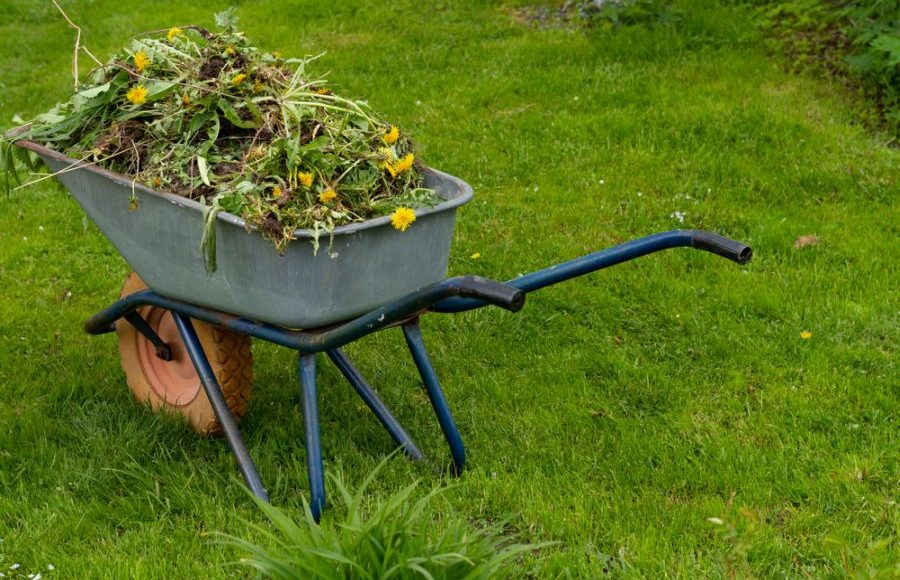


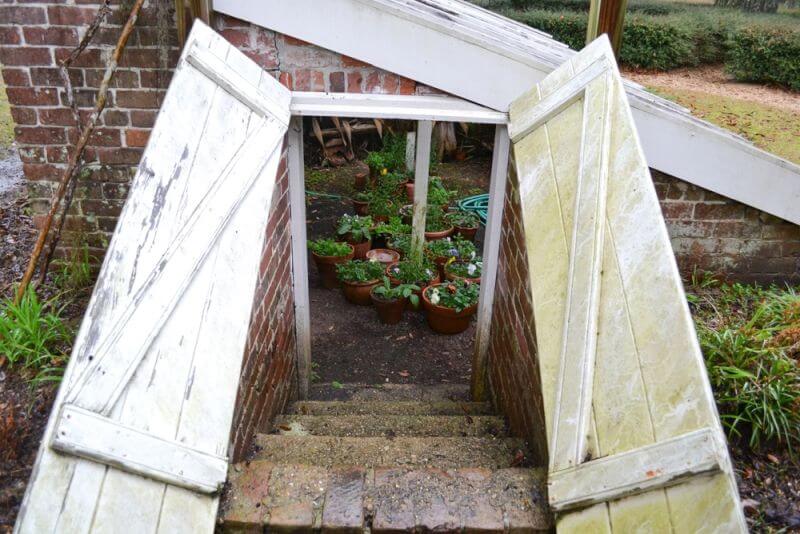
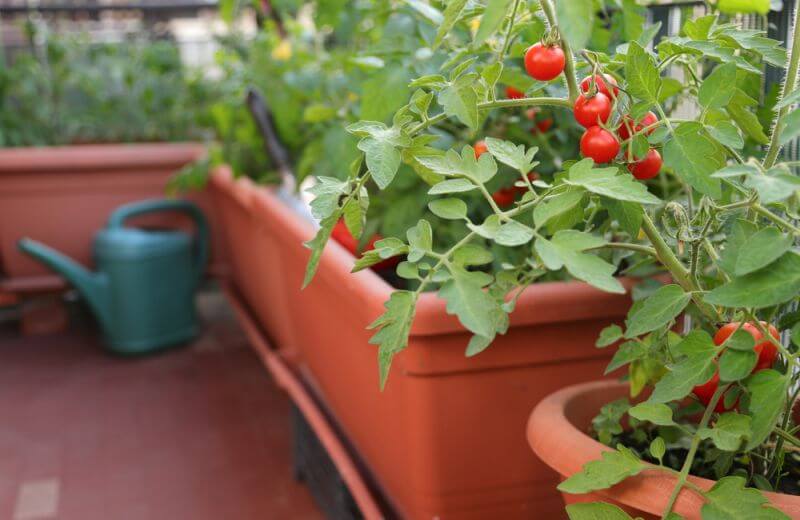
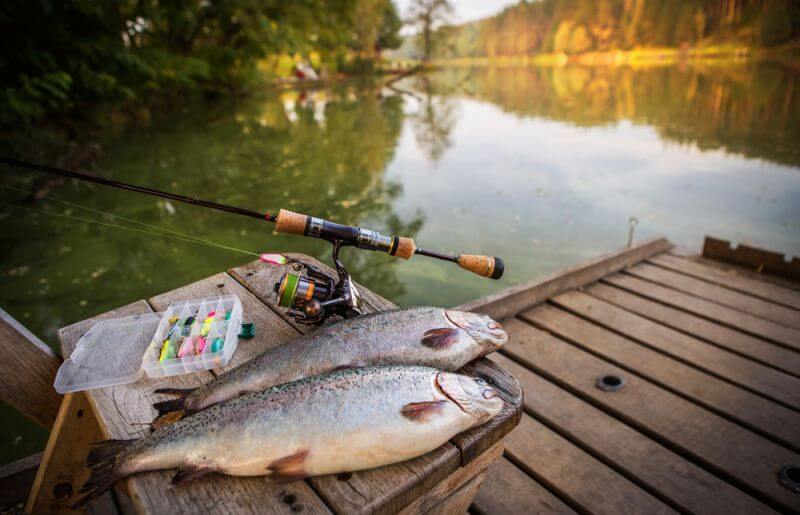
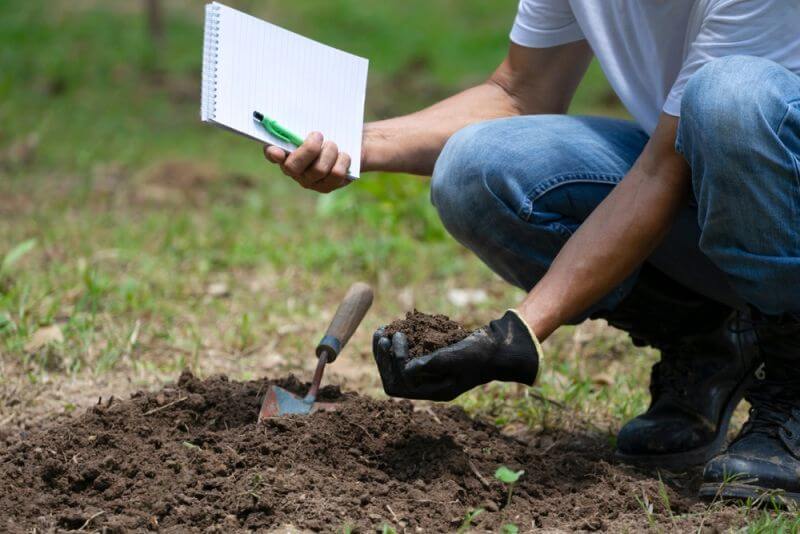

red | September 25, 2021
|
I’m not whining, but most will not work here, in southern Arizona. Pallets make great sun shade. They make great animal shelters. Put together right, even stray pit bulls and rotties can’t break through them. Throw a tarp over the top and 3 sides and it’s a go. Use them to stack stuff on, they better be a foot off the round or packrats and other rodents will take up residence. Then you wind up with snakes all over, provided bees don’t take over first.
Unused plastic bottle plus the cap. Make a cutting, dip it in rooting hormone, put in clean dirt (NO fertilizer), cut off bottom of the bottle, then place over the cutting in a bright but not sunny local of the cutting will cook. 4 weeks, take off cap, do not water unless absolutely needed. Week 6, check to see if the cutting is putting down roots.
We get a lot of coffee grounds from restaurants. The bags are great, but should be 3 thick. Do not put in sun or they crumble. For glass and so on, chicken legs bags are tough. Wash them by turning inside out in the sink after the dishes are done.
Tires here need to be painted white. Best bet in the southwestern states is keep the top of the garden below ground level. Make sure you use that stale beer to trap sowbug or you’ll lose seedlings and seed to them. Ants, dry flour, half a cup. They eat it, take a drink and pop open. Next step, 1 tablespoon of borax (laundry detergent! No boron straight) in a cup of sugar. Other ant colonies will raid the weakened colony, carrying off poisoned ants and poisoned stored food.